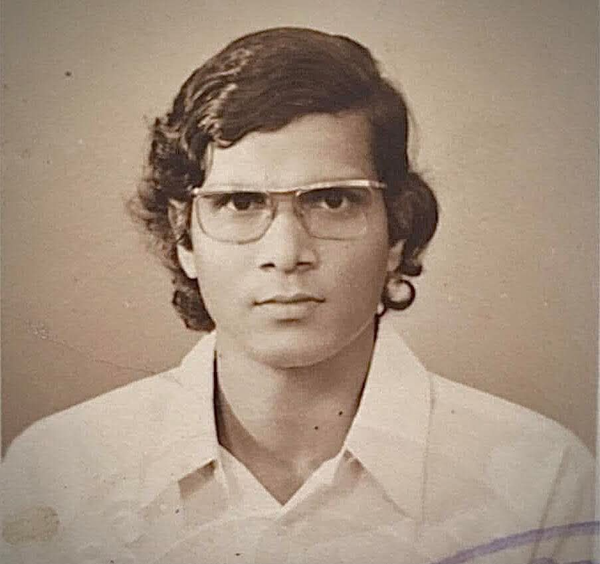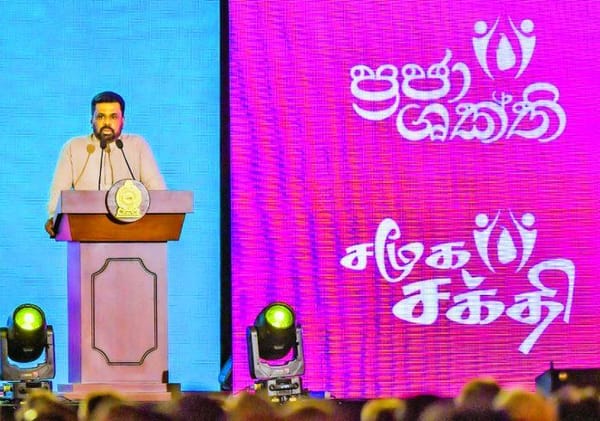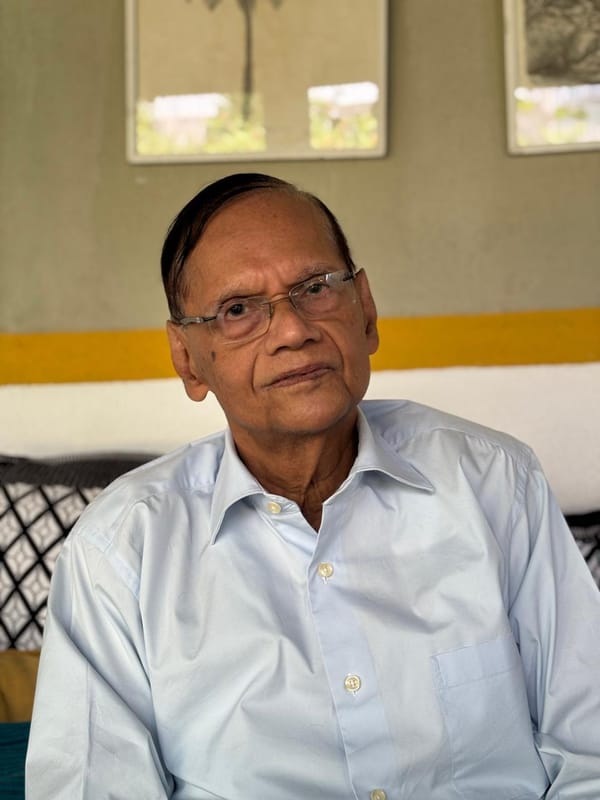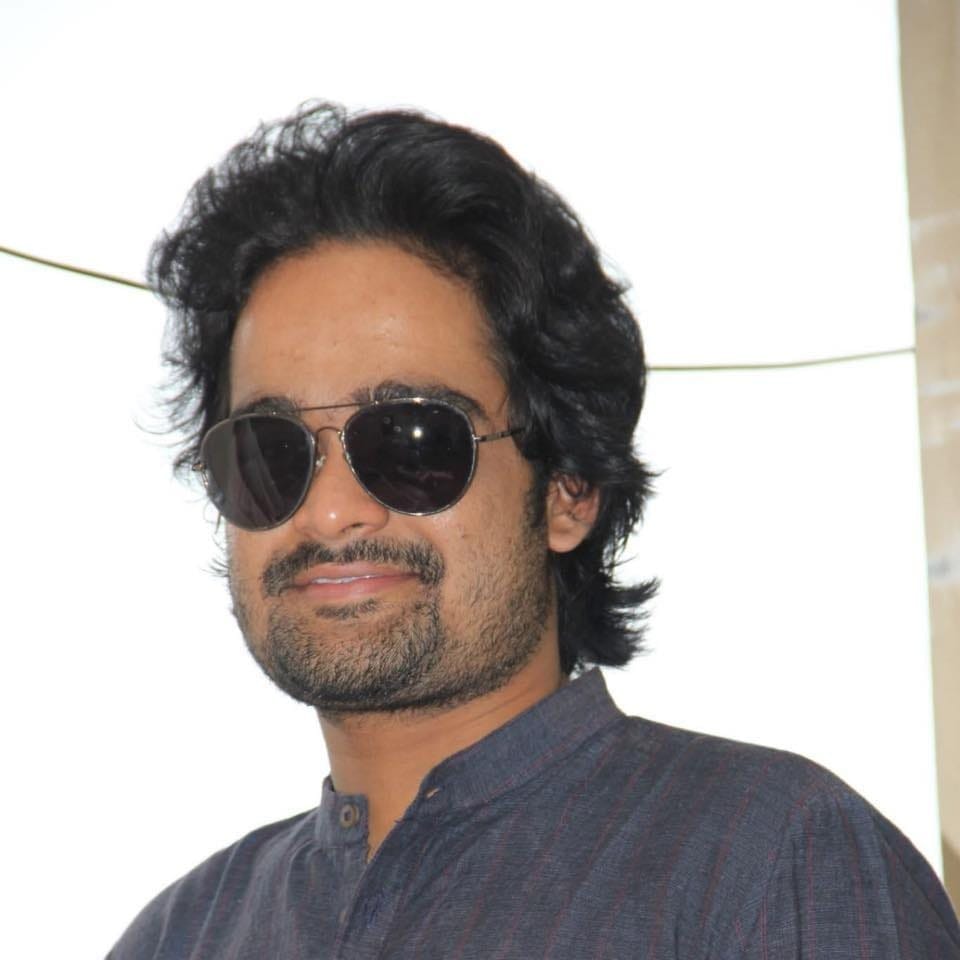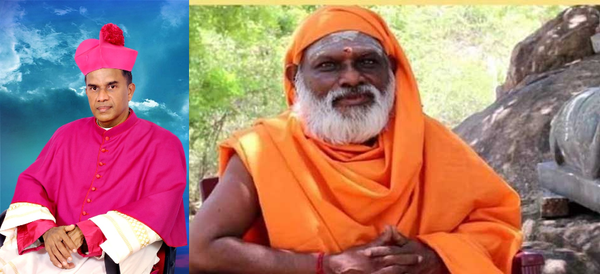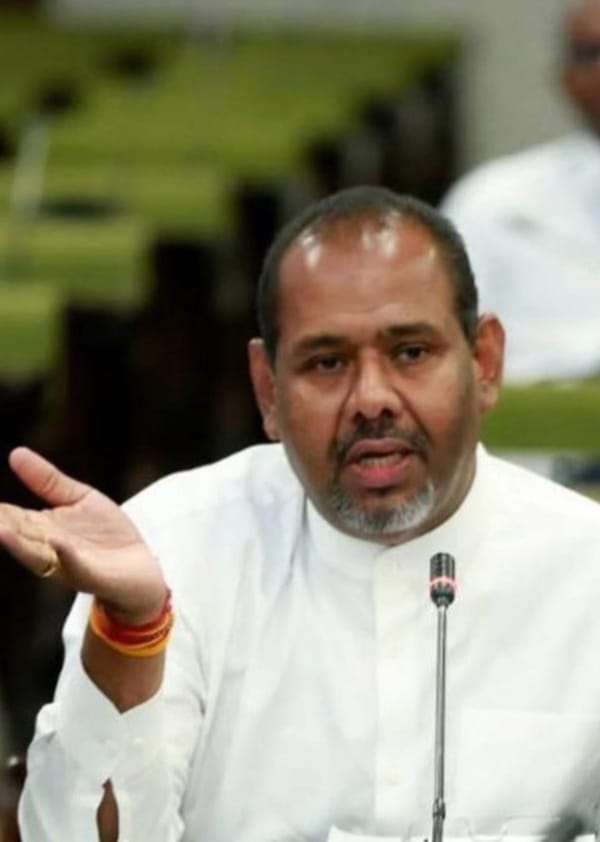Sri Lanka Muslim Congress (SLMC) leader Rauff Hakeem sparked controversy this week when, during a condolence speech for former Deputy Minister Cegu Issadeen, he claimed that Ali Uthuman — a former member of the merged North–East Provincial Council — had been killed by the LTTE.
The claim was swiftly challenged on social media by members of both the Muslim and Tamil communities. Users pointed out that the statement was factually incorrect: Ali Uthuman, a respected provincial politician and community figure, was not slain by the Tigers but by cadres of the ENDLF (Eelam National Democratic Liberation Front).
A Killing That Shook Akkaraipattu
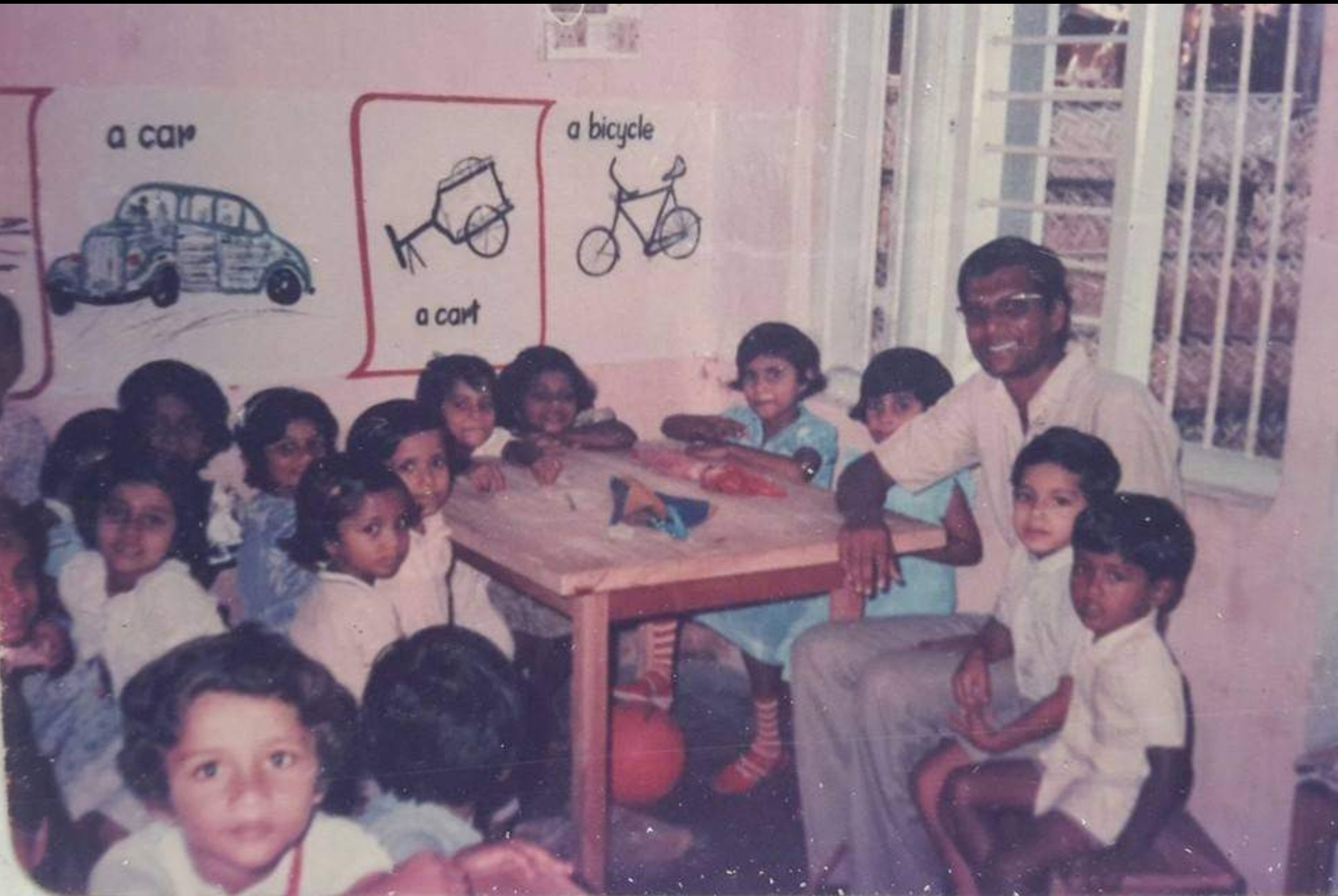
The assassination took place in broad daylight on 1 August 1989 near Uthuman’s home in Akkaraipattu. Gunmen opened fire without restraint, killing not only Uthuman but also Naeem, a promising Advanced Level student from Attalaichenai remembered as a talented marathon runner.
The killing sent shockwaves through Akkaraipattu and surrounding areas, where residents recall the day vividly even today. At that time, A.L.M. Athaullah — later a Cabinet Minister and leader of the National Congress — was serving as a provincial council member, while Cegu Issadeen held the position of Opposition Leader in the North–East Provincial Council.
A Yellow Notice, A Poem, A People’s Memory
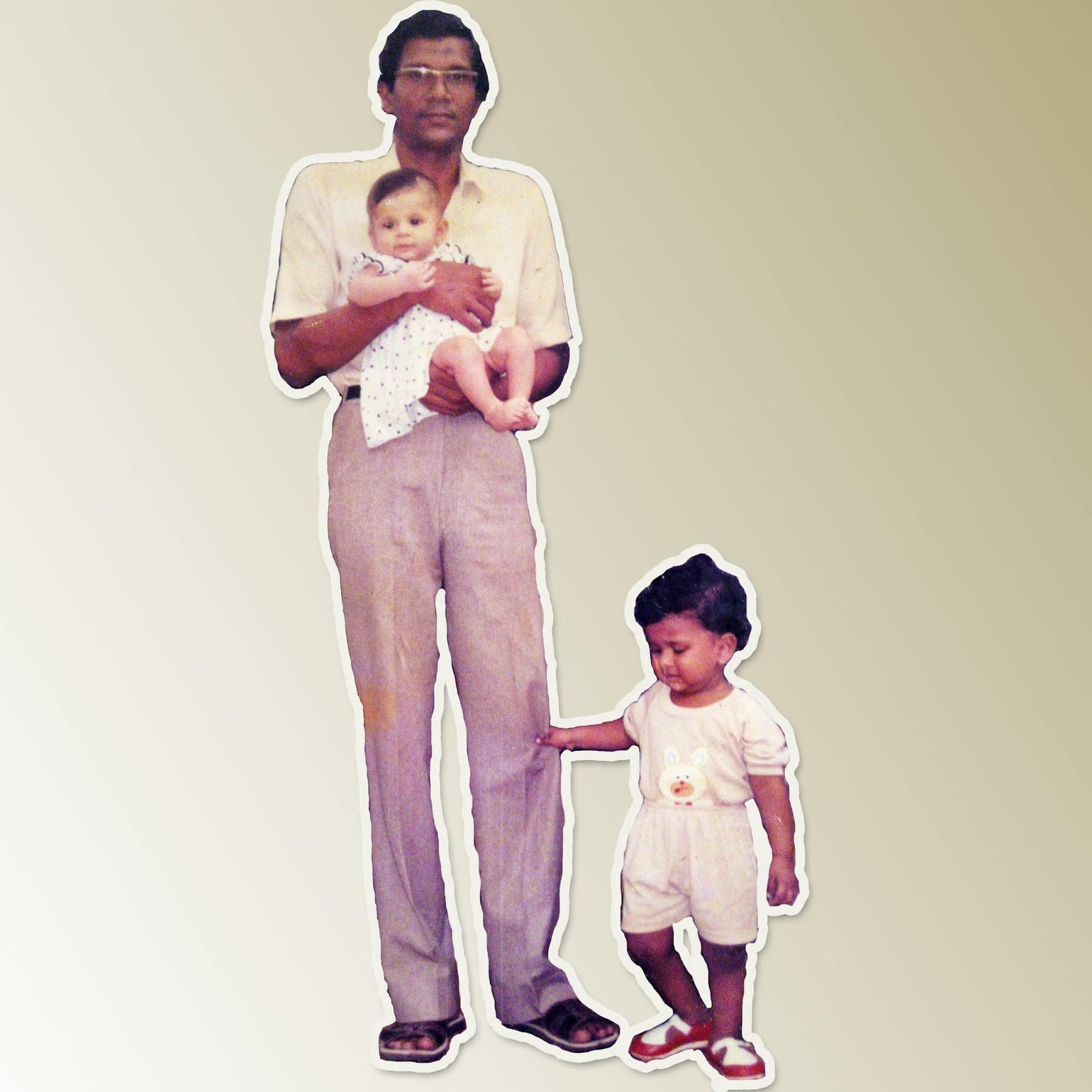
Ali Uthuman with his son and daughter, shortly before his assassination in 1989.
Yet what endures most in collective memory is not only the violence but also the extraordinary cultural response it inspired. In the days that followed, a yellow notice circulated widely, carrying a poem titled “To the Friend Who Stole My Breath.”
Though the poem was authored by M.A. Abuthahir, it was written in the first person as if voiced by the slain Uthuman himself — a message not of vengeance but of forgiveness.
“My friend, you who pierced my head with bullets — I forgive you.
My wife may curse you, my children may weep, my people may condemn you.
But still, truly, I forgive you.”
The notice spread like wildfire across Eastern towns. People who had never read poetry before found themselves quoting lines from the yellow sheet. For many, it felt as though Ali Uthuman had risen once more to speak — consoling his grieving community with words of compassion rather than anger.
Fact and Legacy
While Parliament may misremember or misrepresent the circumstances of his death, the people of Akkaraipattu have not forgotten. They remember both the political reality — that Uthuman was slain by ENDLF gunmen — and the poetic legacy that followed, which turned tragedy into a timeless call for forgiveness.

